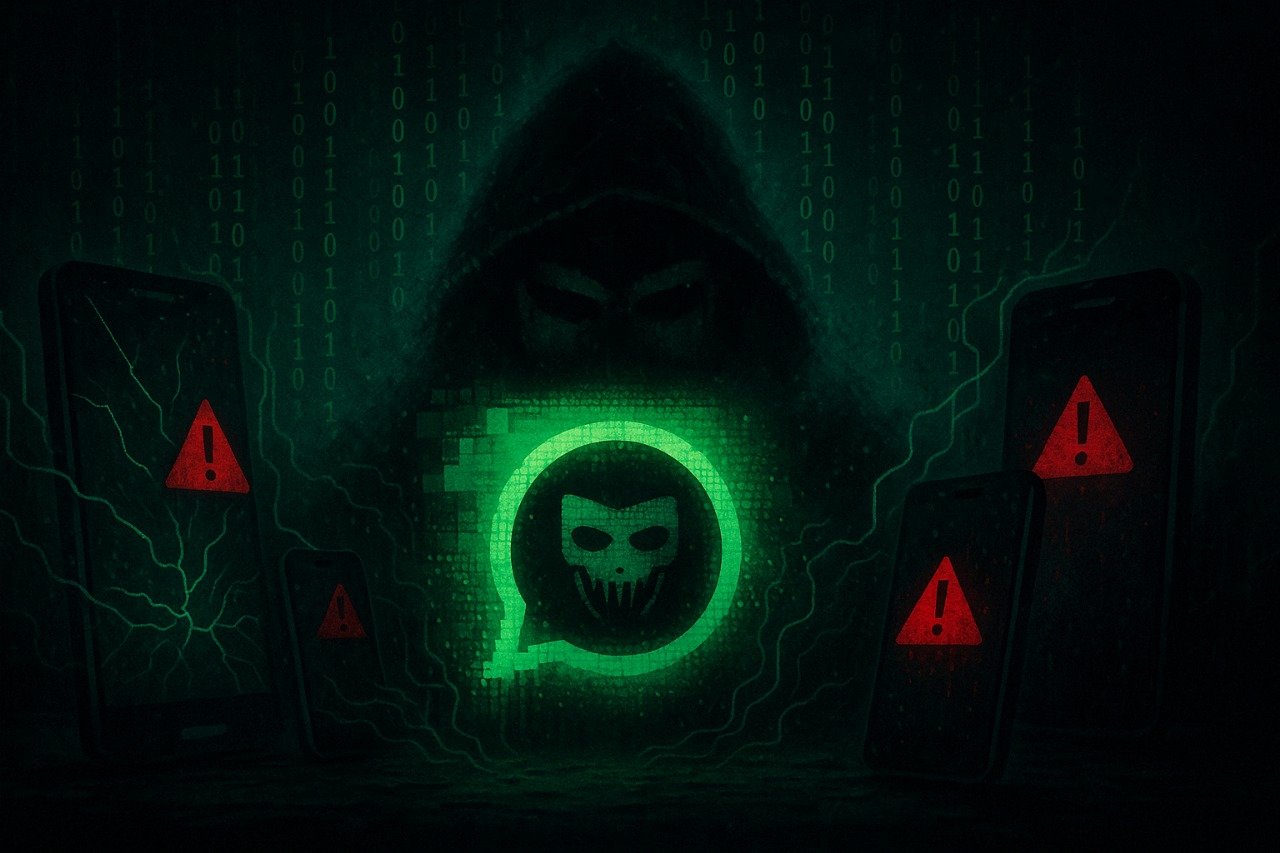In a coordinated global operation dubbed Operation Endgame, law enforcement agencies have struck a massive blow against international ransomware syndicates by dismantling core infrastructure used by threat actors to initiate cyberattacks.
Between May 19 and 22, 2025, authorities across Europe and North America neutralized over 300 servers, took down 650 malicious domains, and seized more than ₹33 crore in cryptocurrency. With previous seizures included, total confiscated assets under this operation now exceed ₹200 crore.
Crackdown Hits the Core of Ransomware Supply Chains
Unlike traditional raids targeting malware payloads, Operation Endgame focused on “initial access malware”, the entry point in ransomware campaigns. Malware families such as Bumblebee, Qakbot, DanaBot, and Trickbot were eliminated, effectively cutting off ransomware groups from their primary infiltration tools.
This marks a strategic shift in cybercrime response disrupting the very origin of attacks rather than reacting to their consequences.
Arrest Warrants and EU Most Wanted Listing
Authorities have issued global warrants for 20 suspects, adding 18 of them to the EU’s Most Wanted list starting May 23. Officials believe these suspects are initial access brokers cybercriminals who sell entry into victim networks, thereby fueling ransomware attacks worldwide. Led by Europol and Eurojust, the operation involved agencies from Canada, Denmark, France, Germany, the Netherlands, the UK, and the US.
Europol set up a central command post in The Hague to coordinate real-time actions, while Eurojust facilitated legal cooperation and intelligence sharing across borders.
“We Are Breaking the Kill Chain”
“This operation proves that law enforcement can strike at the heart of cybercrime operations,” said Europol Executive Director. “By targeting the tools that enable ransomware, we are breaking the kill chain at its source.”
This effort builds upon the record-setting 2024 crackdown against botnets, marking a consistent global effort to adapt to evolving cyber threats.
Also Read: Attention Startups! Showcase Your Smart Policing Solutions on India’s Biggest Stage
IOCTA 2025 to Focus on Initial Access Brokers
Looking ahead, Europol’s Internet Organised Crime Threat Assessment (IOCTA) 2025, scheduled for release on June 11, will focus heavily on initial access brokers and pre-emptive strategies to block ransomware before it begins.
Why It Matters
Experts say this takedown is a rare but significant disruption in the global cybercrime ecosystem. Ben Hutchison, associate principal consultant at Black Duck, commented: “It’s good news for almost everyone, except the criminals. It reinforces that cybercrime is not a victimless offense—hospitals, public services, and businesses are all deeply impacted.”
However, Hutchison warned that such large-scale operations are rare, requiring high levels of coordination, legal standing, and diplomacy. Despite this, he noted that justice continues to move, even if slowly.
Build Resilience Before Crisis Strikes
Security experts are urging organizations to move beyond traditional risk models and prepare for cyber-specific disruptions. Recommendations include cyber incident preparedness, recovery planning, and engagement with national cybersecurity agencies and CERTs. Muhammad Yahya Patel, Global Security Evangelist at Check Point Software, praised the operation but stressed the importance of ongoing law enforcement pressure: “Initial access tools are the gateway to ransomware and data breaches. Their elimination is a victory, but continuous action remains essential.”
About the author – Ayush Chaurasia is a postgraduate student passionate about cybersecurity, threat hunting, and global affairs. He explores the intersection of technology, psychology, national security, and geopolitics through insightful writing.



